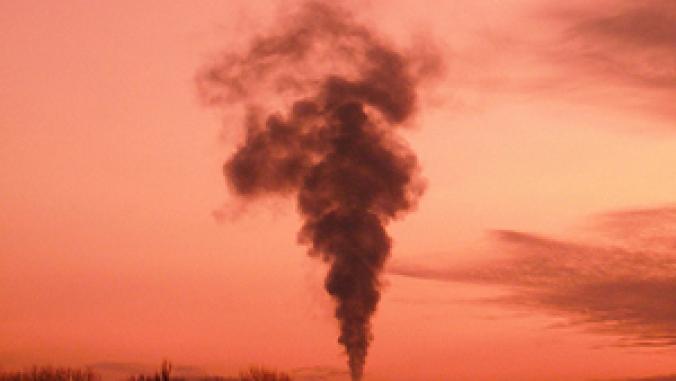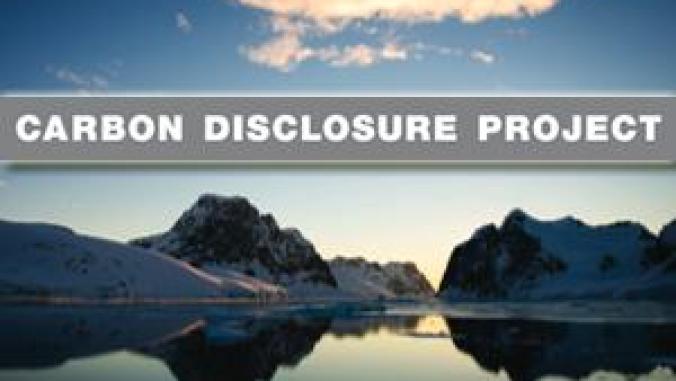Future of Senate Climate Bill Shrouded in Uncertainty
<p>After a weekend of heated rhetoric and the withdrawal of support from a key ally, backers of a Senate climate change bill will reportedly meet tonight to try to get the legislation back on track.</p>

Image CC licensed by Flickr user World Economic Forum
After a weekend of heated rhetoric and withdrawal of support from a key ally, backers of a Senate climate change bill will reportedly meet tonight to try to put the legislation back on track.
Sen. Lindsey Graham (R-S.C., pictured at left) yanked his support on Saturday for a climate change bill he was to co-author with Sens. John Kerry (D-Mass.) and Joe Lieberman (I-Conn.). The trio has worked on the bill for months and was to have publicly unveiled it today.
However, a sudden shift from the Democratic leadership to tackle immigration before climate change inspired Graham to back out of co-authoring the bill -- a blow many consider to be fatal for legislation that already faced an uphill climb.
Graham, who put his reputation on the line to work on the bill, accused Senate Majority Leader Harry Reid of playing politics with immigration in the wake of Arizona passing the toughest immigration law in nation late last week. {related_content} Reid is in the midst of a tough re-election and would likely benefit from an energized Hispanic base in his home state of Nevada. Nationally, some predict a Republican hard-line stance on the issue could drive Hispanic votes to the Democratic Party for the next generation.
At the same time, no one really expects a comprehensive immigration bill to pass this year. Some view climate legislation in a similar light, but its chances were better, especially since Graham, Kerry and Lieberman had significantly weakened the climate bill in order to increase its chances of passage. The trio reportedly also had the backing of major industry groups.
Still, the fledgling climate change bill may head to the U.S. Environmental Protection Agency for an economic analysis today as planned, the New York Times reported. An economic impact report is needed before a floor debate on the bill can begin, along with a Congressional Budget Office analysis and input from the Energy Information Administration.
According to leaks of the tripartisan bill, it aimed to reduce emissions 17 percent below 2005 levels by 2020, and by 80 percent by 2050. It would include tax credits for the nuclear industry and $2 billion in incentives to the coal industry, the Boston Globe reported.
Climate change legislation narrowly passed the House of Representatives in June.
Image CC licensed by Flickr user World Economic Forum.




